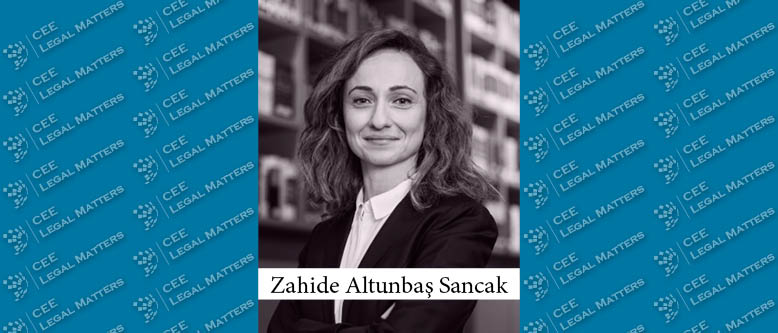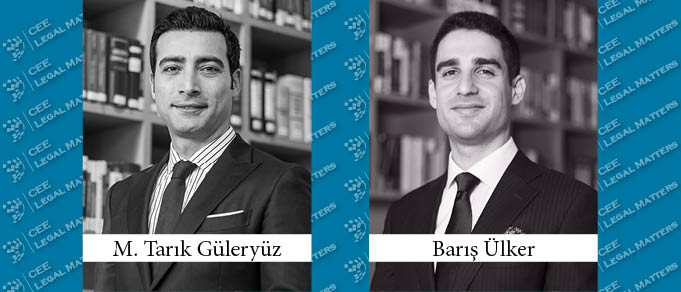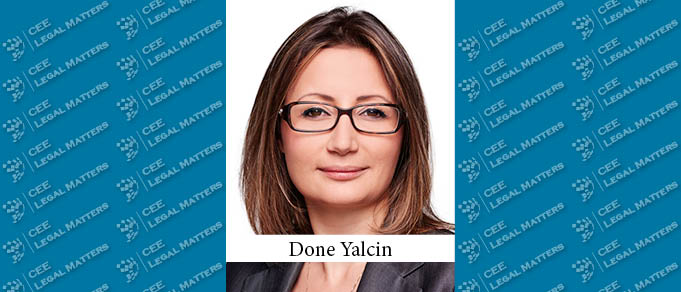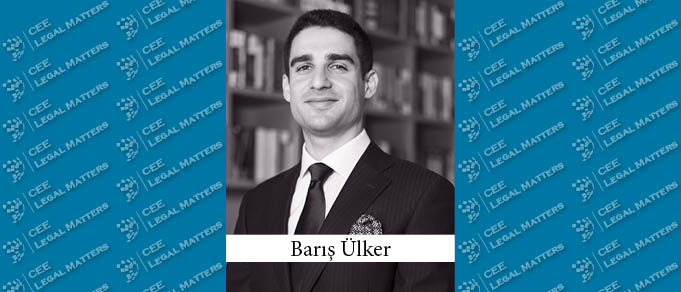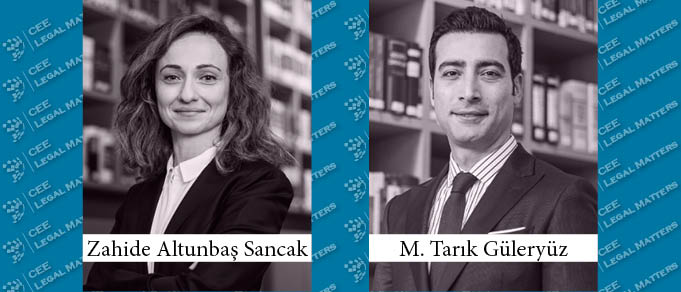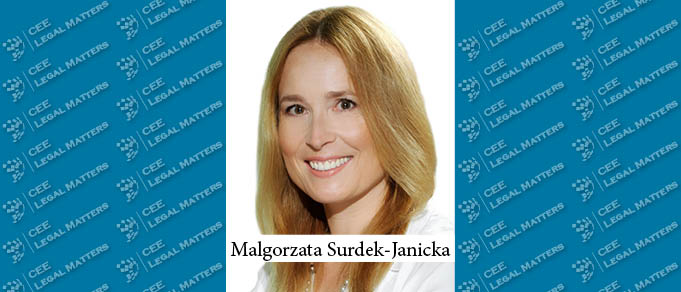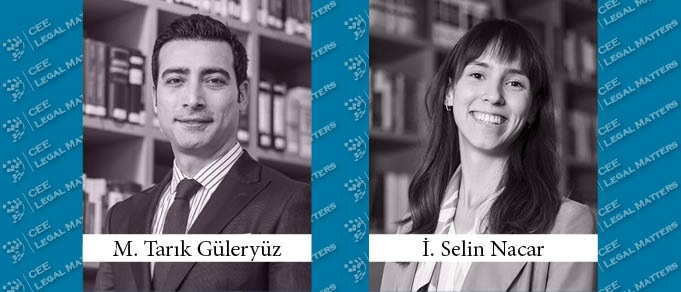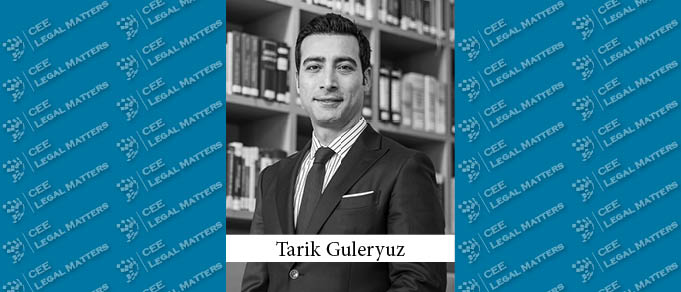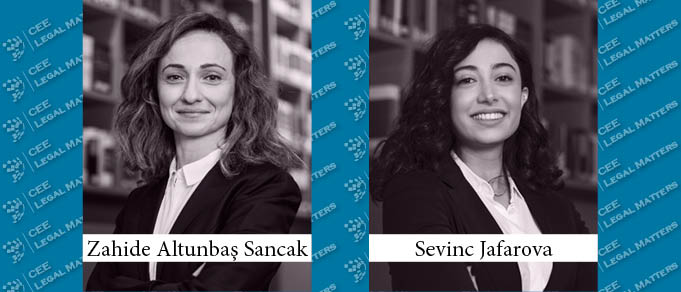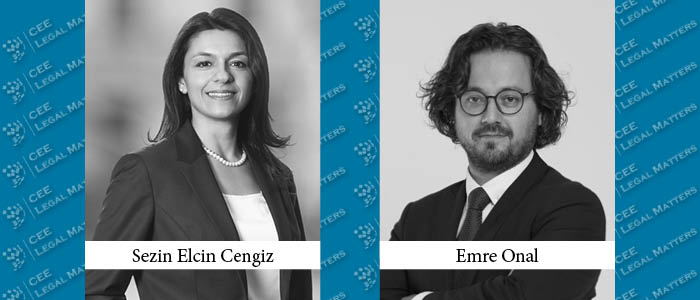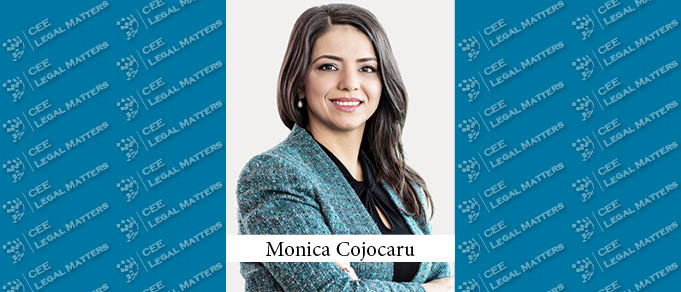Protection of the share capital is one of the fundamental principles of the Turkish Commercial Code [“TCC”]. In this respect, capital loss and negative equity [the so-called “technical insolvency”] are regulated under Article 376 of the TCC, and a Communiqué was enacted to set the rules regarding the application of this Article. As a result of the unpredictable fluctuations in foreign exchange rates in the economy as well as the negative impacts of the Covid-19 pandemic on the financials of the companies, Article 376 of the TCC gained a special popularity among the Turkish companies in recent years. Accordingly, this article explains the situations where capital loss and technical insolvency may emerge and the measures that should be taken in the given circumstances. The article further elaborates on the new rules adopted to reduce the negative effects arisen from the drop of Turkish Lira and the Covid-19 pandemic. The potential liability of the directors that may arise in case the necessary actions are not taken is also addressed.
Court of Cassation Said the Final Word: Courts May Decide on an Interim Rent Reduction in Adaptation Lawsuits
From the outset, the Covid-19 Pandemic has significantly affected the usual rules of conduct and, as a natural consequence, commercial activities of businesses. How this "extraordinary" situation, which no one could foresee or could be expected to predict, would impact legal relationships has been the subject of numerous debates that are yet to be concluded.
Turkey: Life Sciences and Waste Management in Turkey in the Pandemic Era
As a large country with a population of over 82 million and a comprehensive public and private healthcare system designed to provide an accessible and equitable medical service to each and every person living in Turkey, the potential for every life science-related sector in the country could easily be deemed as advanced.
Debt Collection Series-3: Costs of Debt Collection Proceedings in Turkey
As a result of the increasing global trade, the international debt collection has become a more important issue nowadays. Given that debt collection proceedings vary across countries, this article explains the costs of initiating execution proceedings in Turkey.
Release: Discharge of a Board Member from Legal Liability
Release is one of the primary resolutions the shareholders can adopt regarding board of directors [“Board”] members. With release, the general assembly approves the transactions carried out by the Board members during the relevant fiscal year in terms of their economic and legal consequences. Hence, the corporation loses the right of action upon release. As such, the release resolution is considered to be a “negative acknowledgement of debt” and therefore removes any debt.
Imprisonment for Malevolent Interventions Against Animals Is Now Possible with the Long-Awaited Amendment to the Animal Protection Law
On July 14, 2021, the Law No.7332 Amending the Animal Protection Law and Turkish Penal Law [“Amendment Law”] was published in the Official Gazette, and accordingly, the following significant amendments have been introduced to the Animal Protection Law No. 5199 [“APL”].
ICC International Court of Arbitration Appoints Malgorzata Surdek-Janicka as Vice-President
CMS' Malgorzata Surdek-Janicka has been appointed as Vice-President of the International Court of Arbitration at the International Chamber of Commerce in Paris. Aside from Surdek-Janicka, 33 lawyers from CEE were appointed as members and alternate members of the court.
Amendment in Administrative Procedural Law: Administrations Term of Response is Shortened
With entry into force of the "Law on the Amendment of the Code of Criminal Procedure and Some Other Codes" ["Amendment Law"] published in the Official Gazette dated July 14, 2021, the terms in the Administrative Procedural Law No. 2577 [“APL”] regulating the silence of the administration against the applications filed are shortened by half. In addition, some crucial changes were introduced to the Turkish Penal Code No. 5237 ["TPC"] and the Criminal Procedural Law No. 5271.
Legal Liability for AI Decision Making
With the most recent technological developments, Artificial Intelligence [“AI”] and related technologies are being deployed by governments and businesses alike in a wide spectrum of sectors. With applications of AI increasing exponentially in every possible aspect of society, there is no doubt an accompanying aspect of risk, which is nearly impossible to measure. In this article, we try to focus on the possible legal ramifications and liability risks associated with AI decision-making.
Debt Collection Series-2: How Can a Foreign Company/Individual Collect Its Due Receivables in Turkey?
International trade has grown exponentially, and international trade undoubtedly means international debt collection. Especially, while the number of financially distressed companies is rapidly increasing due to the Covid-19 pandemic, international debt collection has become more important than ever. Debt collection proceedings are in general similar for both Turkish and foreign companies and individuals. Accordingly, this article highlights the significant points on how a foreign company or individual can collect its receivables in Turkey.
Legal Liability of Board of Directors Members
According to the Turkish Commercial Code [“TCC”], the governing and representative body of a joint stock corporation is the “board of directors” [“Board”]. Board members are obliged to carry out their duties with the due care of a cautious manager and to protect the interests of the corporation in good faith. Board members can be held liable for the damages incurred by the corporation, the shareholders, or creditors in cases where they fail to fulfil their duties arising from the law or the articles of association. [TCC Art.553(1)]
Debt Collection Series-1: Interim Attachment Order Against Debtors in Turkey
Interim attachment is a provisional remedy under the Enforcement and Bankruptcy Law No. 2004 [the “EBL”] which individuals or legal entities can request for their monetary claims. Thanks to this institution, the debtor’s assets could be frozen to secure due yet unsecured debts, and as a result, the debtor would be forced to pay its debt.
Enforcement of Foreign Arbitral Awards in Turkey
Arbitration is usually a more favored dispute resolution mechanism in the international arena compared to national courts for its many advantages, such as cost efficiency, speed, and confidentiality. That being said, an enforcement procedure also needs to be pursued if and when the arbitral award is not performed willingly by the losing party – which is usually the case. Accordingly, if an arbitral award is rendered in a foreign country or it is considered to be “foreign” according to Turkish law [as explained below], a court process will have to be followed for the enforcement of the award in Turkey.[1]
Co-option: Appointment of the Member by the Board of Directors Itself
The Turkish Commercial Code No. 6102 [the “TCC”] designates the Board of Directors [the “Board”] as one of the two compulsory executive bodies of the joint stock corporations (in Turkish: anonim şirket) – the other one is the general assembly of shareholders [the “GA”]. Accordingly, the Board is entitled to take all necessary decisions in order to carry out all business and transactions required to perform the company’s scope of activity excluding those falling within the exclusive authority of the GA stipulated by law and the articles of association [the “AoA”] of the company. That is to say, the Board is designated as the main competent body of a joint stock corporation under Turkish law.
Towards The New Rules On Mandatory Tender Offers
Capital Markets Board of Turkey [the "Board"] released a public press on February 1, 2021 regarding the issuance of the Draft Communiqué Amending the Communiqué on Tender Offers No. II-26.1 [the "Draft Amendment”] which envisages to make certain amendments to the Communiqué on Tender Offer No. II-26.1 [the "Communiqué"]. In this respect, while some existing provisions will be clarified with the Draft Amendment, the scope of the circumstances which do not trigger the tender offer obligation and the exceptions to mandatory offers will be expanded.
New Era in Trials: Procedures and Principles to Attend Hearings Through Audio and Video Transmission Are Regulated
The "Regulation on the Conduct of Trials by Audio and Video Transmission in Civil Procedures" ["Regulation"] was published in the Official Gazette dated 30 June 2021 numbered 31527 and entered into force on the same date. The Regulation sets out the procedures of e-hearings, which have become more important due to the Covid-19 pandemic. According to Regulation, e-hearings will have the same legal consequences with the physical hearings.
Mandatory Mediation: An Obstacle to Access to Justice?
Mediation is essentially a dispute resolution method; and an ancient institution throughout the history of mankind that is traditionally recognized in almost all societies. Instead of bringing an action before court; by applying mediation, the disputing groups [i.e., the villagers, townsfolk or members of a profession] discuss the issue with the assistance of a third person, and that third person assists parties in reaching a settlement. In this conventional system based on the fundamental principle of freedom of will, mediation is perceived to be an “alternative” dispute resolution method free from the coercive power of state. Such situation similarly appears in the settlement of disputes between the states.
Hot Practice: Tarik Guleryuz on Guleryuz & Partners' Litigation & Disputes Practice
Debt collection cases, driven by the ongoing currency crisis in Turkey, as well as shareholder and other partnership disputes, have been the main focus of the Guleryuz & Partners law firm of late, according to Partner Tarik Guleryuz.

